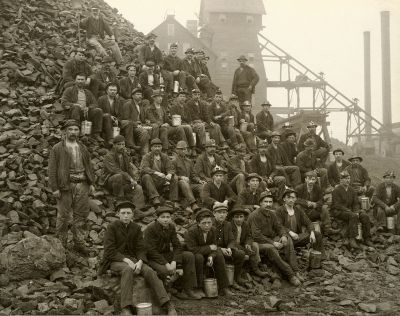Informal worker organisations

TamarackMiners CopperCountryMI
By Adolph F. Isler (1848-1912); dust cleaned up by Howcheng. [Public domain], via Wikimedia Commons
Examining the precarious self-organising of workers and the collective resistance under globalised capitalism provides new insight into social cohesion and employment conditions.
Informal sectors of the economy contain organisational models that workers use to counter-oppose their work and salary conditions. Factors such as informality, fragmentation, insecurity and inequality are becoming prevalent patterns of employment in Argentina as well as in Europe.
An EU-funded project, 'Workers' organization in the informal sector' (INFOWORK), is looking at the city of Buenos Aires as a primary example of informal employment patterns. As such, it is examining the ways in which workers are able to build a collective organisation despite being dispersed, unprotected and unorganised. It is also looking into the resources they have available and what conditions can be favourable.
Theoretical objectives and activities are being used involving labour and labour relations from interrelated disciplines. So far, one of the outcomes from these is a published book that has successfully blended industrial relations with theoretical insights. This is a result of involving interrelated disciplines such as global labour history, the role of women in the work of social reproduction, and social anthropologists' studies on work and value.
Empirical objectives and activities are also being employed. This involves the collection of data from two stages. Sources include observation of assemblies, meetings and collective events, various types of interviews, historical and media archives, contextual information and statistical data. Field work was used to gather insights from workers in 12 organisations from a variety of sectors. Results have already been presented at various conferences.
published: 2015-06-12

